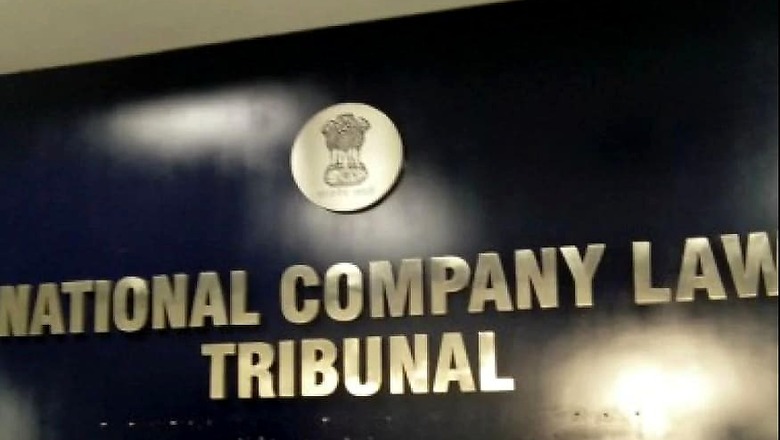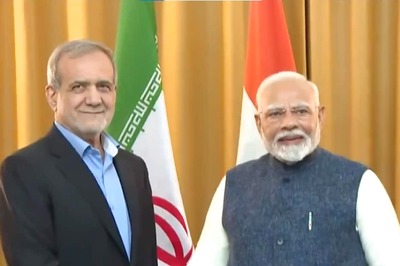
views
The National Company Law Appellate Tribunal (NCLAT) has issued a standard operating procedure for conducting virtual hearing of urgent matters from June 1. The appellate tribunal has decided to hear all urgent matters through video conferencing only from June 1, and all works, including mention of urgent matters, would be done online. Court fee would be deposited online through Bharat Kosh, it said.
"In order to contain the spread of coronavirus (COVID-19), and after considering the various instructions and advisories relating to coronavirus control and lockdown issued by the government, Acting Chairperson, NCLAT has decided that all urgent cases will be heard through video conferencing mode from June 1, 2020," the tribunal said in a communication.
For urgent matters, application has to be submitted only by e-mail to the registrar and if it is allowed, then a hard copy has to be filed as per procedure.
"After curing all the defects, the cases would be enlisted in the cause list to be published on the NCLAT website. The court fee shall be paid through Bharat Kosh," it said.
Moreover, the mentioning application must contain a separate paragraph giving consent for taking up the matter through virtual mode.
During the virtual hearing, parties would be permitted to rely upon only on documents filed with the application.
The tribunal has also asked lawyers and parties to have a stable and smooth connectivity of their devices such as desktop, laptop or tablet used for video conference.
The matters would be heard by the NCLAT through web-based video-conferencing system on the 'Vidyo' platform hosted on the servers of the National Data Centre of National Informatics Centre.
Vidyo is also being used by the Supreme Court, which is also conducting virtual hearing in the wake of the lockdown.
As per the tribunal's standard operating procedure (SOP), only one person would be allowed to speak at a time.
"Any attempt to jump during the presentation by another party may disrupt the proceedings and may also invite 'muting' of the microphone of the disrupting party," it said.
In case a person wants to make a point he may raise his hand to invite the attention of the bench and all cross talking or discussion could be done only after the mic has been put in 'mute' mode. Recording the proceedings is strictly prohibited and the erring party would face stringent action, it added.
"All decorum regarding dress of presenters and verbal presentations should be maintained," it said, adding that parties are required to stay online till the bench concludes the hearing of their matter.
On May 13, the NCLAT cancelled its summer vacation to cover the shortfall in working days due to closure during the lockdown.
The tribunal was to be closed for summer vacations from June 1-30.
The NCLAT is presently headed by Justice Bansi Lal Bhat, who was appointed as the officiating chairperson in March.
The tribunal was constituted under Section 410 of the Companies Act, 2013 for hearing appeals against the orders of the National Company Law Tribunal (NCLT).
It is also the appellate tribunal for hearing appeals against orders passed by the NCLT under the Insolvency and Bankruptcy Code. Further, appeals against orders passed by the Competition Commission of India (CCI) are also heard by the tribunal.




















Comments
0 comment